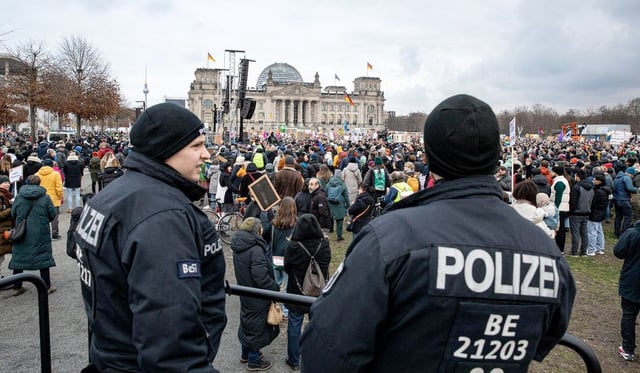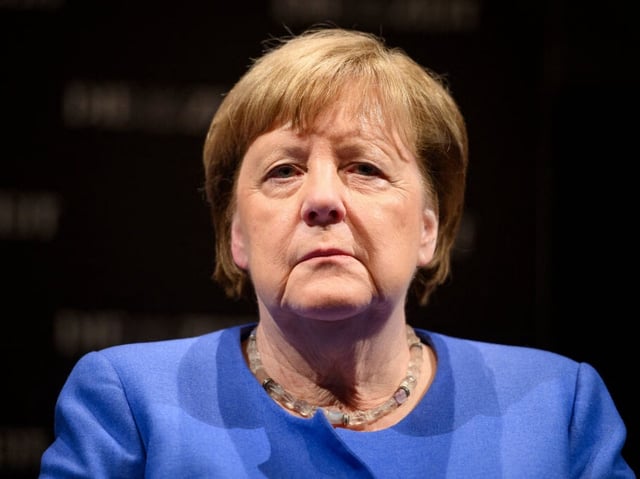Overview
- Germany's upcoming snap election on February 23 highlights the growing fragmentation of its political system, with traditional center-right and center-left parties losing influence.
- The far-right Alternative for Germany (AfD) is polling at approximately 20%, challenging the long-standing firewall against coalition partnerships with extremist parties.
- Friedrich Merz, leader of the Christian Democratic Union (CDU), faces criticism for his hardline immigration proposals and perceived alignment with far-right rhetoric, though his popularity has slightly increased in recent polls.
- The Greens, historically a strong coalition partner, may see diminished influence due to a backlash against green policies and declining poll numbers, despite their urban and youth appeal.
- Smaller parties, including the Left Party and its breakaway faction BSW, as well as the liberal Free Democrats (FDP), are struggling to surpass the 5% threshold necessary for parliamentary representation.

